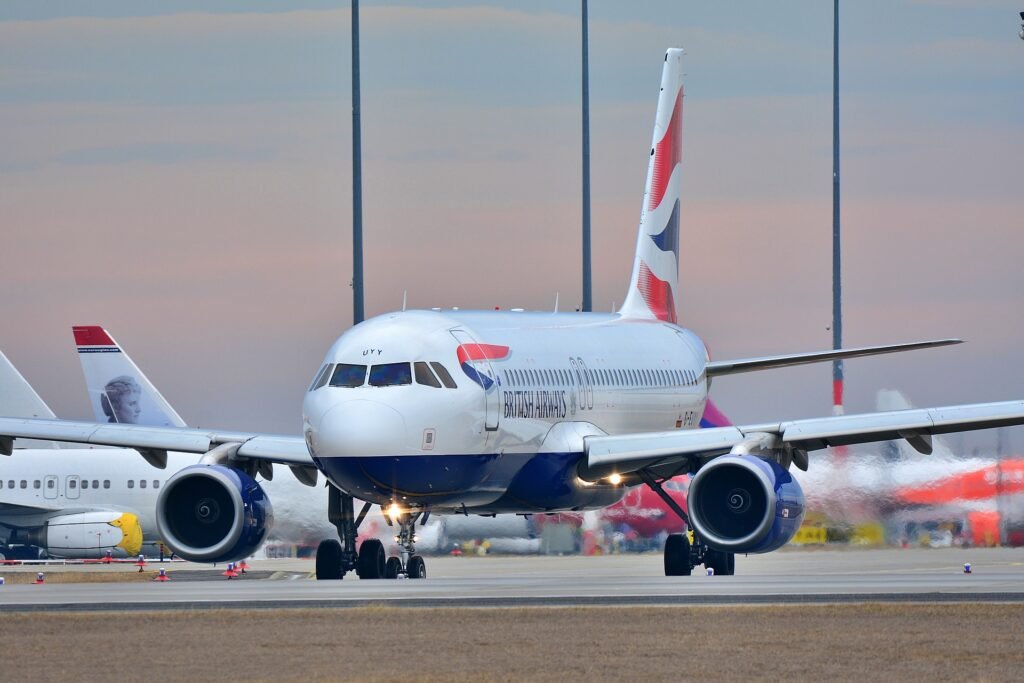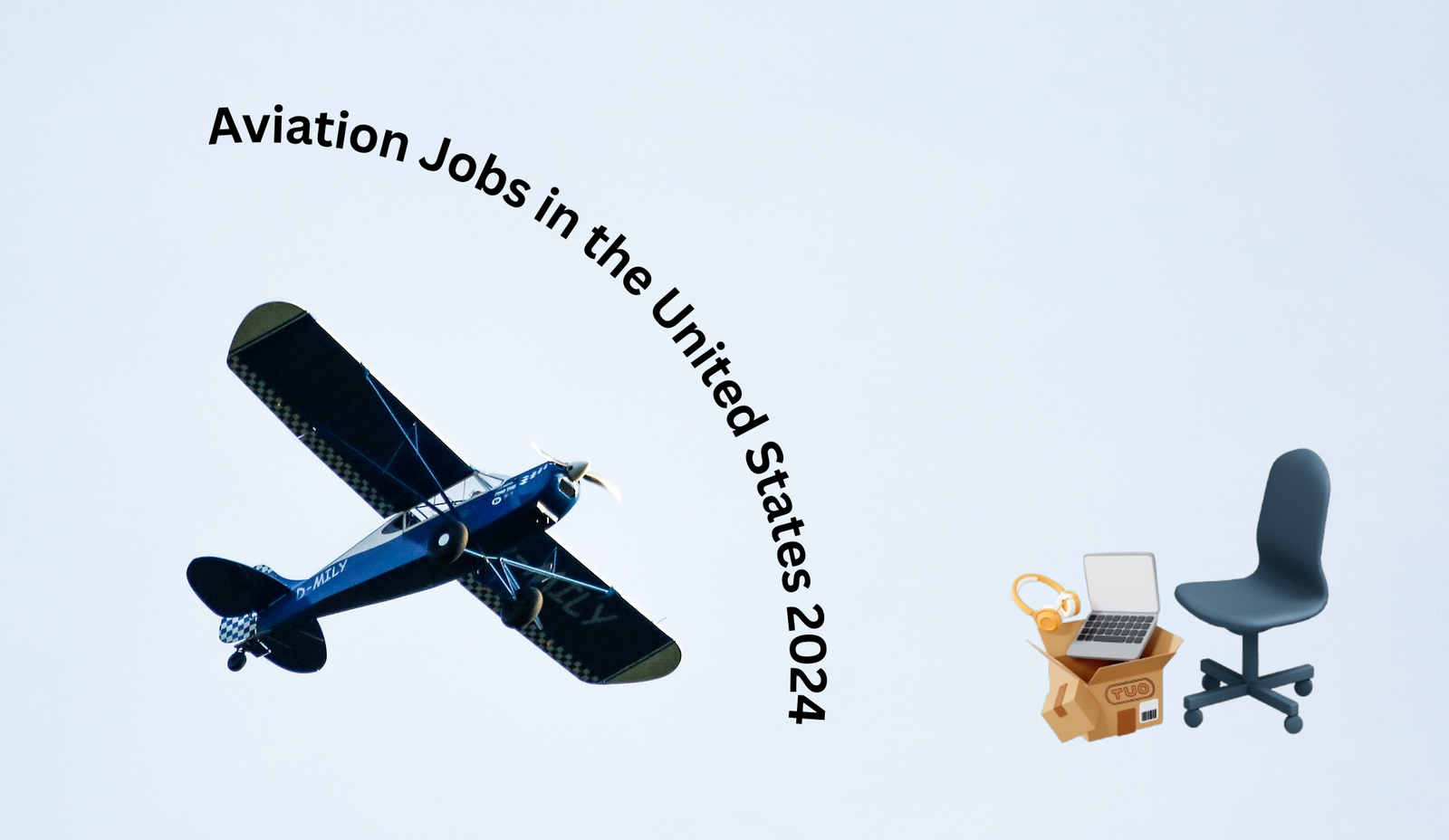State of Aviation Jobs in the United States 2024 As the airline industry continues to recover and adapt from the COVID-19 pandemic, the landscape of airline jobs in the United States is changing in 2024. As demand for travel increases and airlines strive to provide a better customer experience, the industry offers a wealth of opportunities for job seekers. This article examines current trends, challenges, and possible career paths in the US aviation industry.
Aviation industry recovery
After unprecedented disruptions in 2020 and 2021, the airline industry has taken significant steps towards recovery. By 2024, domestic traffic will almost return to pre-pandemic levels and international travel will also increase. According to the Bureau of Transportation Statistics, passenger numbers have soared, prompting airlines to expand their operations and workforce.
Airlines are investing in new technology, routes and customer service improvements to attract travelers. This growth is creating demand for a wide variety of aviation jobs, from pilots and flight attendants to ground crew and maintenance personnel.
Available positions in 2024

Pilots and flight crew:
The demand for qualified pilots has increased dramatically as airlines look to increase their flight times. Many airlines offer attractive compensation packages, including signing bonuses and enhanced benefits, to attract new talent. Flight schools are seeing an increase in enrollment as aspiring pilots want to take advantage of these opportunities.
In addition, airlines are increasingly emphasizing diversity in their hiring policies and encouraging women and minorities to pursue careers in aviation.
Stewardess:
Flight attendants play a critical role in ensuring passenger safety and enhancing the travel experience. As airlines increase their operations, they hire thousands of flight attendants to meet the growing demand. Training programs have been tailored to include comprehensive customer service and safety protocols that reflect the industry’s commitment to passenger well-being.
Ground staff:
Ground staff, including baggage handlers, ramp agents and customer service representatives, are critical to the smooth operations of airlines. As passenger traffic increases, airlines are actively recruiting for these positions. Ground staff are often the first point of contact for travelers and therefore play a crucial role in shaping customer perceptions and experiences.
Maintenance and technical specialists:
Airline safety and reliability depend on the expertise of maintenance and technical experts. As airlines expand their fleets and improve their service offerings, there is a growing need for skilled technicians and engineers. Many airlines invest in training programs to ensure their employees are equipped with the latest technical skills and knowledge.
Business and administrative functions:
In addition to frontline roles, airlines also need professionals in business functions such as finance, marketing and human resources. The competitive landscape of the airline industry requires innovative marketing strategies, effective financial management and sound HR policies to attract and retain talent.
Challenges for the aviation industry
Despite the optimistic outlook for aviation jobs, the industry faces several challenges that could affect employment trends:
Economic fluctuations:
The aviation industry reacts very sensitively to the economic situation. Recessions, fuel price fluctuations and geopolitical tensions can quickly change airline travel patterns and profitability. During times of economic uncertainty, airlines may impose hiring freezes or layoffs, affecting employees’ job security.
Technological progress:
Automation and technology are changing the aviation industry. While these advances can improve efficiency, they can also reduce the need for certain features. For example, the increasing use of self-service kiosks and mobile check-in capabilities may reduce the need for customer service representatives at airport counters.
Regulatory challenges:
The aviation industry is subject to strict regulations regarding safety and environmental impact. Changes in regulations may require additional training and compliance measures, affecting operating costs and employment practices.
Navigate the labor market:
For job seekers interested in a career in the aerospace industry, there are several strategies to improve their prospects:

Education and training:
In order to find a job in the aviation industry, appropriate education and training is essential. Many positions require specific certifications or degrees. Aspiring pilots must complete flight training and obtain the necessary licenses, while maintenance technicians often require specialized training in aircraft systems.
Network:
Building contacts within the industry can significantly improve employment opportunities. Attending aviation conferences, joining professional associations, and participating in online forums can help job seekers connect with industry experts and learn about job openings.
Personalize CV:
Job seekers should create their CV to highlight relevant experience and skills. Emphasizing customer service experience, technical skills and possible certifications can help candidates stand out in a competitive job market.
Stay informed:
It is important for job seekers to keep up to date with trends and developments in the industry. Following industry news, attending webinars and joining professional groups can provide insight into potential job opportunities and new roles.
Diploma:
The aviation industry in the United States is expected to grow through 2024 and provide a range of job opportunities in various roles. Clickmore
